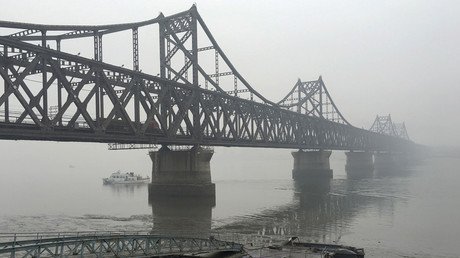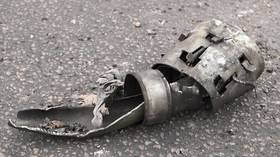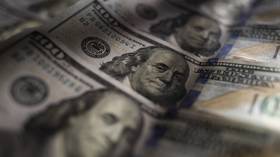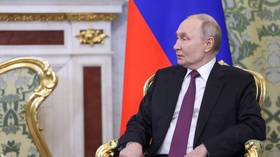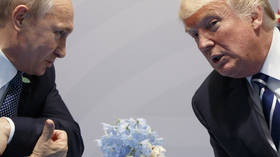North Korea fuel prices surge after China cuts oil supplies
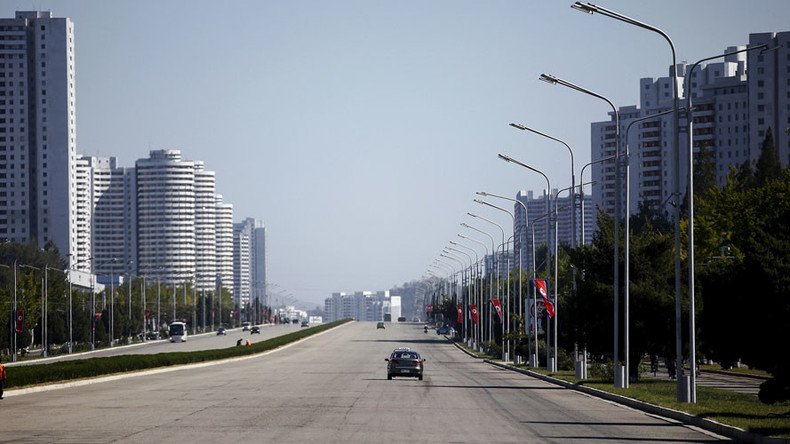
Gasoline and diesel prices have reportedly jumped in North Korea, after its largest crude supplier China halted fuel sales. The move came as part of the international pressure on Pyongyang to curb its nuclear and missile programs.
According to Reuters, Chinese state-owned oil major CNPC has suspended diesel and gasoline sales to North Korea during the last month or two.
Reuters analyzed data at the North Korean defector website Daily NK and found the price of gasoline sold by private dealers in Pyongyang and the northern border cities of Sinuiju and Hyesan jumped to $2.18 per kg ($2.92 per liter) as of July 5, up 50 percent from $1.46 per kg on June 21.
Daily NK is run by North Korean defectors who collect prices via phone calls with fuel traders.
A defector who reports commodity prices for Daily NK, Kang Mi-jin confirmed the price spike in recent week was caused initially by China restricting the flow of oil to North Korea.
"After North Korea's frequent missile tests including its very first ICBM test, the international community has vowed to tighten sanctions, and China simply cannot exclude itself from the recent movement, although it probably does not want to indefinitely cut off fuel sales to the North," Kang said.
The data shows gasoline prices eased to $2.05 per kg by July 12; they are still more than double from the beginning of the year. Diesel prices rose to $1.45 per kg as of July 12, up 20 percent from three weeks ago.
Return to sender: China rejects coal shipments from North Korea https://t.co/m2k7HMPdQHpic.twitter.com/gUIMYLrIvu
— RT (@RT_com) April 11, 2017
According to Kang, prices stabilized after the sharp spikes through the first week of July, likely because North Korea encouraged fuel smuggling across its border with China.
North Korea imports almost all of its oil and gas from China; most of that comes through CNPC.
Last year, China shipped more than 96,000 tons of gasoline and nearly 45,000 tons of diesel to the isolated communist state, worth a combined $64 million.
Experts say an extended cut by China would threaten critical supplies of gasoline and diesel and force North Korea to find alternative sources of refined fuel products.
